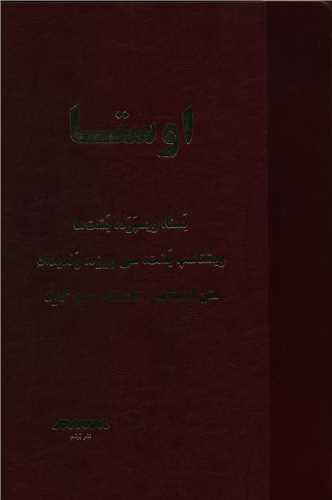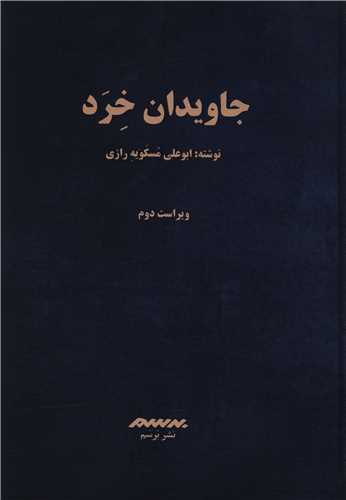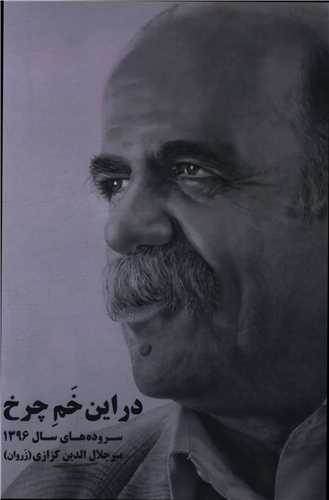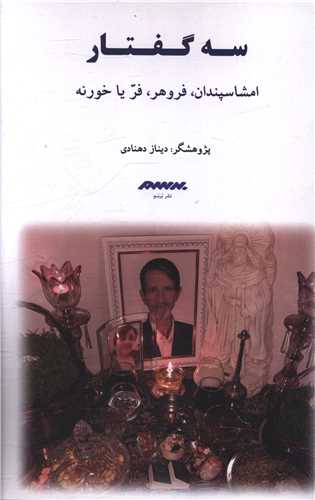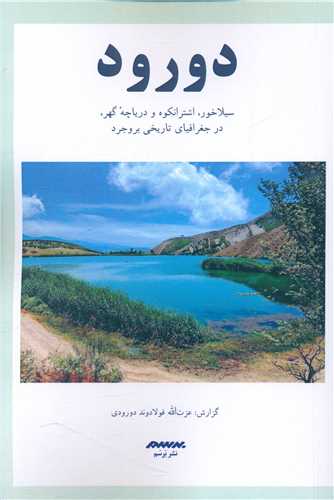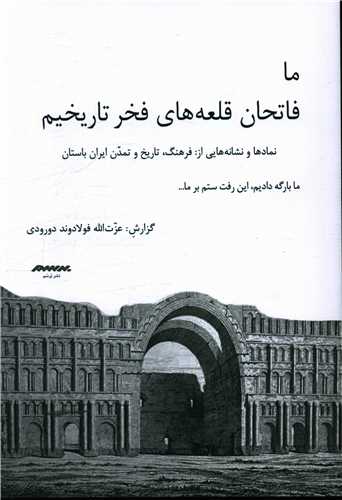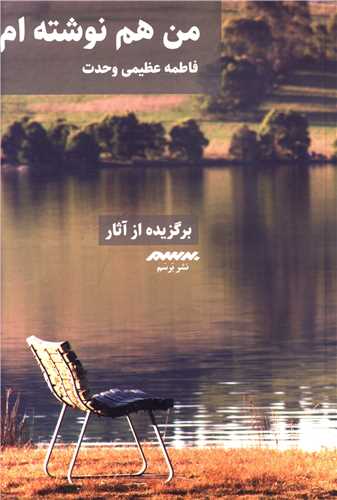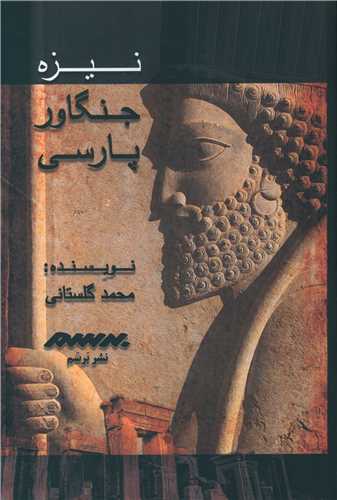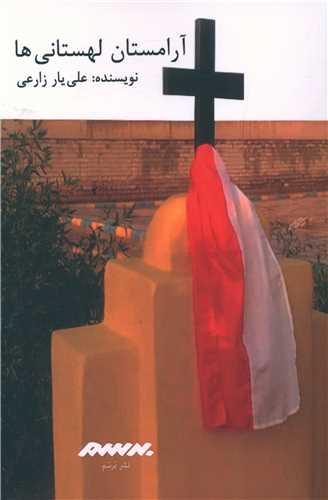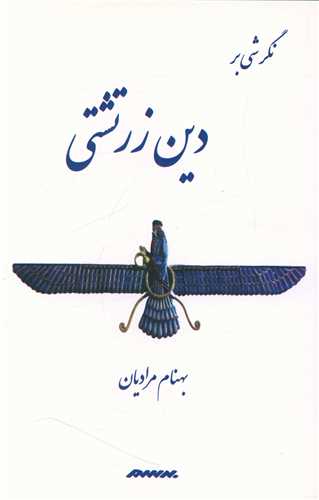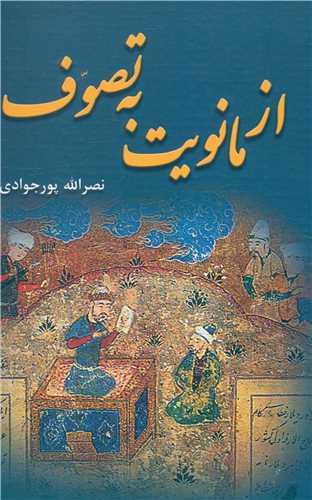Avistā: Persian 2023
اوستا
74.36 $
Share
Wishlist
Original Title:
AVESTA Zendavesta
,
or religious books of the Zoroastrians
ISBN:
9786227138313
Translator:
Firaydūn Faz̤īlat
Publisher:
Barsam
Age Group:
Adult
Pages:
554
Weight:
1570 g
Dimensions:
23 x 29 x 6 cm
Book Cover:
Hard Cover
Although the Zoroastrian religion has been passed down from generation to generation and through all kinds of changes in time, it has reached our days and still has followers in Iran and India, with all these books containing the traditions of There are two narrations, as far as we know, they are few and have little scope of discussion. These articles are written in two languages. One that we are now accustomed to call Zand, although it belongs to a very ancient period and contains the oldest texts; The other one, which is generally called Pahlavi, is of more recent origin, and was used in the translation of the same ancient texts and the composition of some other non-ancient works.
In this volume, I have aimed to collect all the old texts or texts that are still available, and I hope that this wish will be established to find out from which time these types of texts have been left, or at least whatever is necessary. And it is important to check. The manuscripts which contain these texts and which I have used are, first of all, and chiefly, the collection—a unique collection now in the University Library, Copenhagen, and which Erasmus Rusk, on a research trip to Bombay in 1820, succeeded in I have found them, and I have briefly reported them in the appendix to the catalog of Indian manuscripts in the Royal Library in Copenhagen, to which I would like to refer regarding the appearance and condition of those texts. Besides a few manuscripts of my own, I have also been privileged to have at my own home the convenience of those belonging to my friend Dr. John Wilson of Bombay. Also, more or less during a short trip abroad for the same purpose in the spring, of 1850, I examined the individual collections and manuscripts kept in the East India Institute and the British Museum. In the two Oxford libraries, in the Royal Library of Paris, and those manuscripts that belong to Eugene Bourneuf, whose early death two years after that research trip was an inextricable loss for the Iranian branch of philology (= eastern philology).
more
اگر چه دین اشو زرتشت از اعصاری بس دور، از نسلی به نسلی منتقل شده است و از مسیر همه گونه تغییر در زمان، به روزگار ما رسیده است و هنوز دارای پیروانی در ایران و هند است، با این همه کتابهایی که در بر گیرندهی سنتهای دو روایات باشند تا آنجاکه ما میدانیم البته در شماره اندکاند و از گسترهی بحثی کمی برخوردارند. این نوشتارگان در دو زبان تألیف شدهاند. یکی که اکنون مألوف هستیم که به آن نام زند بدهیم اگر چه با بیدقتی و به یک دورهی بس کهن متعلق است و شامل قدیمیترین متون است؛ دیگری که عموماً پهلوی خوانده میشود از خاستگاهی جدیدتر است، و در ترجمهی همین متون کهن» و در تألیف برخی دیگر آثار غیر کهن استفاده شده است.
در این مجلد سر آن داشتهام تا همهی متون کهن یا متون زند هنوز موجود را جمع آوری کنم و امید دارم که این آرزو پایه ریزی شود تا پی برده شود از کدام زمان این نوع متون به جای مانده است یا دست کم هر کاری که لازم است و از اهمیت برخوردار است بررسی شود. دست نویسهایی که در برگیرندهی این متوناند و من از آنها استفاده کردهام، قبل از همه و عمدتاً گردآمدی - مجموعهای بینظیراند که اکنون موجود در کتابخانه دانشگاهی، کپنهاگاند، و اراسموس راسک آن هم در یک سفر علمی - تحقیقی در بمبئی در سال ۱۸۲۰ موفق به دست یابی به آنها شدم اینها را من در الحاقیه بر کاتالوگ دست نوشتههای هندی موجود در کتابخانه سلطنتی در کپنهاگ به اختصار گزارش کردهام که مایلام به آن کاتالوگ در خصوص شکل برونی و وضع و حال آن متون ارجاع دهم. سوای چند دست نویس متعلق به خودم، همچنین مفتخر شدهام در منزل شخصیام به راحتی بهره گیرم از آن دست نویسهایی که به دوستام دکتر جان ویلسون از بمبئی متعلق است. همچنین کمابیش در طی یک سفر کوتاه به خارج به همان منظور در بهار، ۱۸۵۰ مجموعه و دست نویسهای منفردی را که در مؤسسهی هند شرقی و در بریتیش - موزیوم نگهداری میشوند مورد بررسی قرار دادهام. در دو کتابخانهی آکسفورد، در کتابخانهی، سلطنتی پاریس و آن دست نویسهایی که متعلقاند به یوجین بورنوف که مرگ زودهنگاماش نیز دو سال پس از آن سفر تحقیقی یک فقدان ناشکیبیدنی برای شاخهی ایرانی فیلولوژی (= فقه اللغة) شرقی بود.
more

